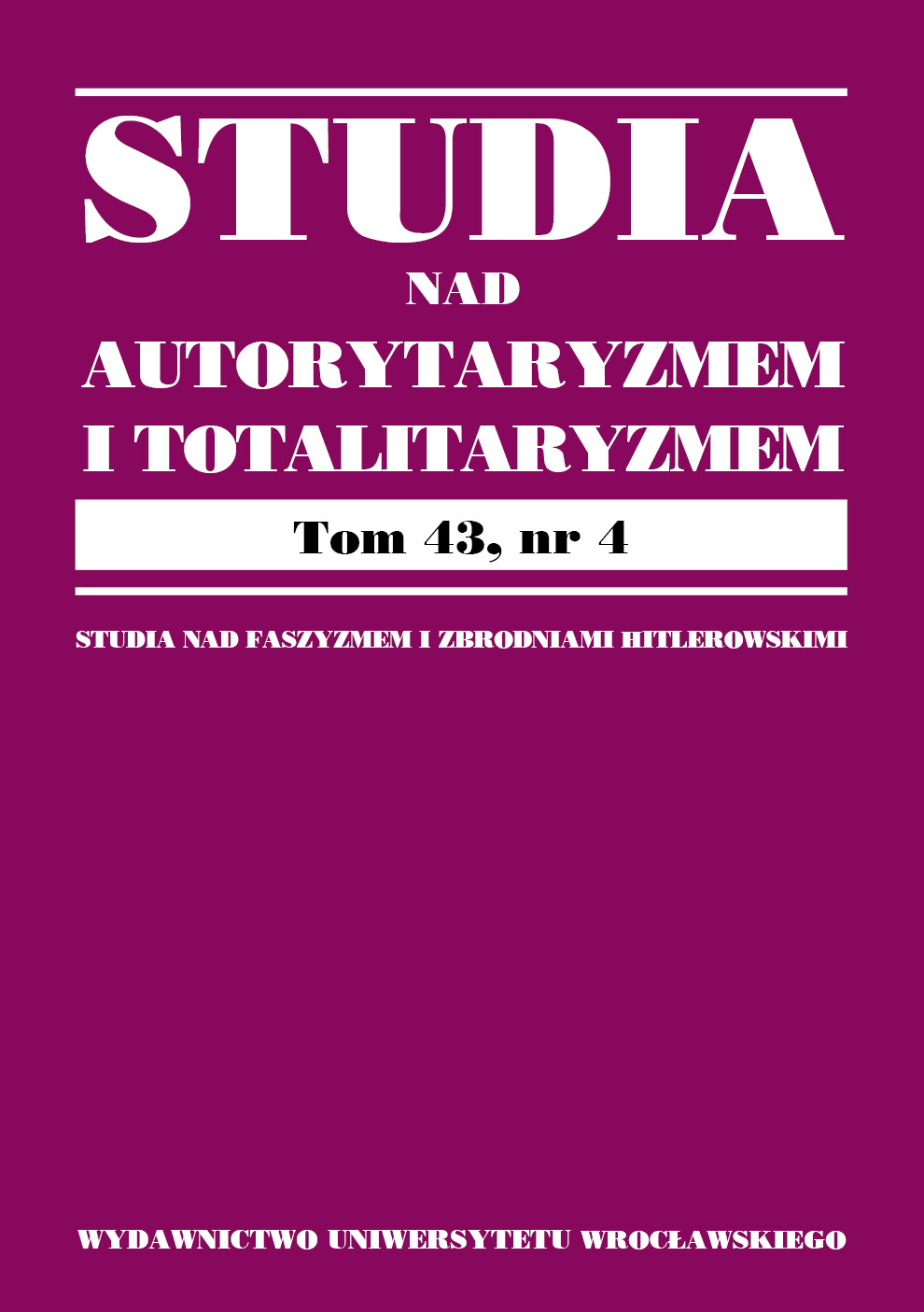

Artykuły

The authoritarian ideology that guided the authorities of the communist Polish state did not remain indifferent to the emerging model of jurisprudence in petty offence cases. Eliminating the possibility of court proceedings, the location of adjudicating boards in petty offence cases at national councils, the introduction of collegial jurisprudence exercised by the social factor, giving the jurisprudence an educational character, and abandoning it in favour of severe penalties implemented for hooligan petty offences — these are just some of the features that distinguish the jurisprudence model in petty offence cases in the People’s Republic of Poland. The pursuit of the authorities to subordinate the individuals by, on the one hand, handing over the jurisprudence in petty offence cases into the hands of the people, and, on the other hand, filling the adjudication boards with members subordinate to the authority, did not bring independence in the decisions issued. It is evidenced, for example, by the excessive repressive adjudication boards judgments issued against participants of the political crisis of March 1968. The Authors present the development of the model of jurisprudence in petty offence cases in the controversial period of the communist regime.